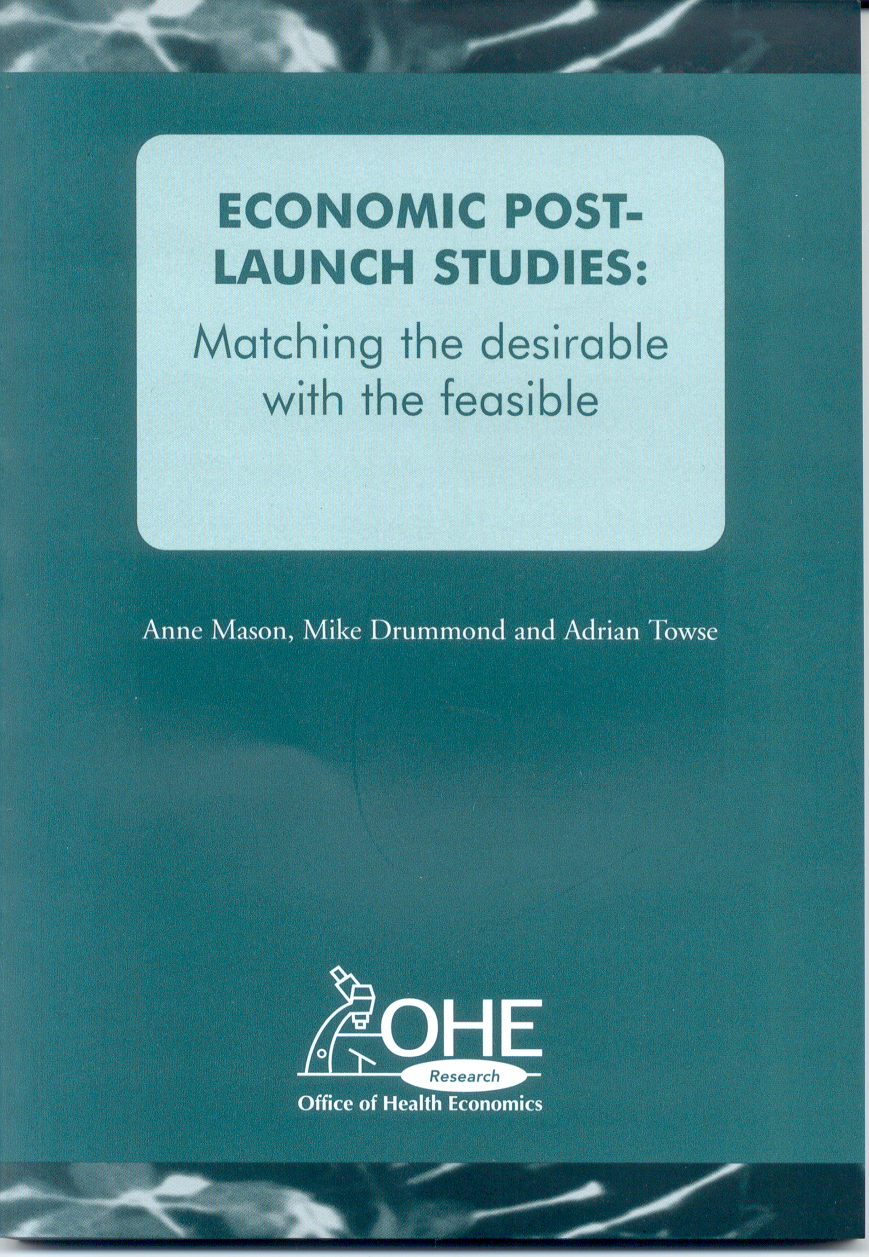Whilst companies routinely conduct post-marketing surveillance studies to collect data on adverse events, the focus of this report is on ‘post-launch’ studies conducted to collect information…
Whilst companies routinely conduct post-marketing surveillance studies to collect data on adverse events, the focus of this report is on ‘post-launch’ studies conducted to collect information about health outcomes, including pharmacoeconomics data. By ‘post-launch’, we mean that they are undertaken after a drug…
Whilst companies routinely conduct post-marketing surveillance studies to collect data on adverse events, the focus of this report is on ‘post-launch’ studies conducted to collect information about health outcomes, including pharmacoeconomics data. By ‘post-launch’, we mean that they are undertaken after a drug has entered the market.
This generally happens shortly after the product has received marketing authorisation in one country, which can be used as an ‘index date’ to establish post-launch status. Of course, drugs may receive a licence in one country whilst remaining ‘pre-launch’ in other settings. For the purposes of this report, we consider ‘post-launch’ studies to be those for products that have received marketing authorisation in at least one country.
Post-launch studies have attracted more interest since some jurisdictions have requested economic data as part of their formal decision-making process on the pricing, reimbursement or use of drugs. There has been a growing realisation that much of the data required by reimbursement agencies cannot easily be provided before the drug is marketed. For example, it is difficult to know whether the clinical effect observed in short-term clinical trials is maintained in the long run. Also, it is difficult to know how well patients will adhere to the new drug in regular clinical practice and the long-term consequences of their withdrawal from therapy. Prior to launch it may have been difficult to compare the drug, in head-to-head clinical trials, with the most relevant alternative products. This could be because, during phase III, drug-licensing agencies have mandated particular comparators, or the use of a placebo. Alternatively, it could be because the main competitor products were themselves, at that time, investigational drugs. Since post-launch studies are not generally mandated by licensing authorities, the principal reason for companies to undertake such research is to gather more data or evidence that will maximise on the best study design.
